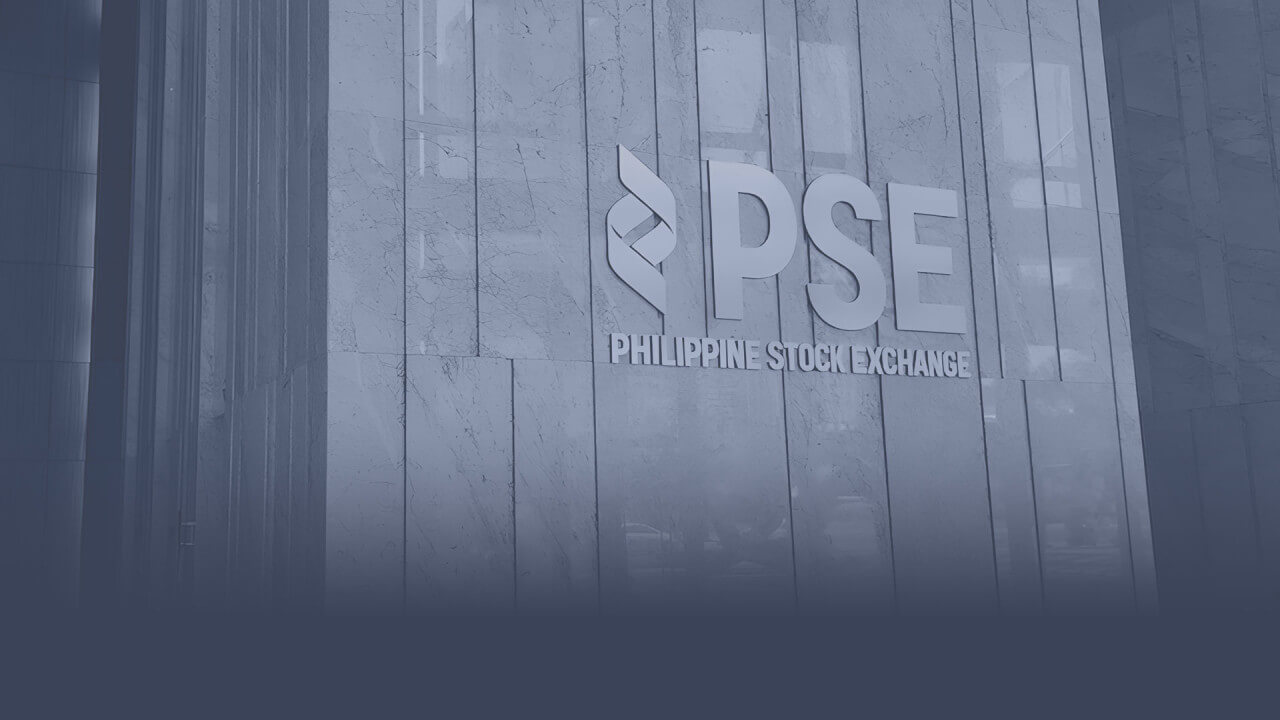

Key highlights:
Speaking to reporters on Wednesday, March 20, 2025, PSE president Ramon Monzon revealed that the initiative — called PSE LANE (Listing Assistance for New Entrants) — aims to encourage more companies to go public despite concerns over market liquidity.
He explained that, at present, many companies hesitate to proceed with an IPO due to fears of not meeting the 20 percent public float requirement, leading him to propose a more relaxed form of compliance with this rule that will serve both the interests of the issuers and investors.
“I told the SEC that with the liquidity problems we’re having in the market now, companies are having a hard time deciding on an IPO because of their inability or fear that they cannot meet the 20 percent [minimum] public float [requirement],” the bourse chief explained.
“So I said, ‘Are you okay if we reduce the public float to 15 percent, with a condition that we will have the company do a follow-on offering or even a private placement in the next two or three years to be able to meet that five, four or three percent that they did not [originally sell], so they can still complied at 20 percent?” he said. “So I have gotten approval from the SEC. That's in effect now.”
Conditions, scope of new IPO rule
The scheme applies exclusively to IPOs worth P5 billion or more, as large offerings currently face challenges in raising sufficient investor demand. The PSE secured a blanket approval from the SEC, removing the need for individual companies to apply for exemptions.
This accommodation will not be permanent. The SEC and PSE have agreed on a two-year trial period, after which its impact will be reviewed. If effective, it may be extended for another two years.
To ensure compliance, firms that fail to meet the 20 percent float within the agreed period may face monetary penalties, though delisting is not an option to protect existing investors.
GCash and large IPO considerations
Monzon noted that digital financial services provider GCash presents a different challenge. Instead of struggling to meet the float requirement, GCash’s issue is the market’s ability to absorb a listing of its size.
In this case, Monzon advised the country’s largest fintech firm to focus on absolute values rather than percentages when determining their IPO strategy.
“We told GCash not to fixate on 15, 12, or 10 percent—instead, consider what absolute amount the market can absorb,” he said.
Moreover, companies aiming to be included in the PSE index must eventually raise their public float to 20 percent, adding another incentive to increase public ownership over time.
IPOs in the pipeline
Despite the challenging market environment, several companies are preparing to go public or considering to, including:
Monzon revealed that this rule flexibility was initially developed to assist Citicore Renewable Energy Corp. (CREC), which had considered postponing its IPO, but eventually proceeded after securing investment from Mobilist.
The SEC and PSE’s new IPO framework provides companies with greater flexibility while ensuring a pathway to full compliance. If successful, it could serve as a long-term mechanism to attract more listings and deepen the Philippine capital market, he explained.

Senior Reporter